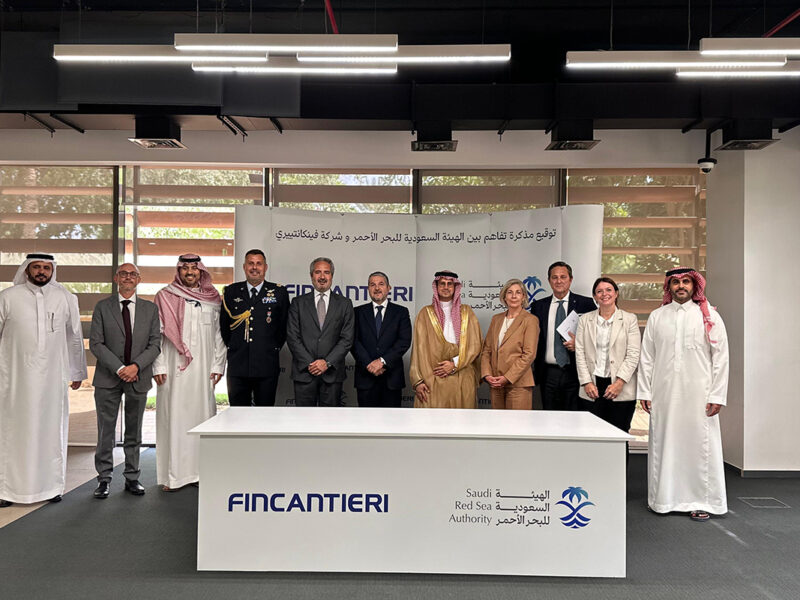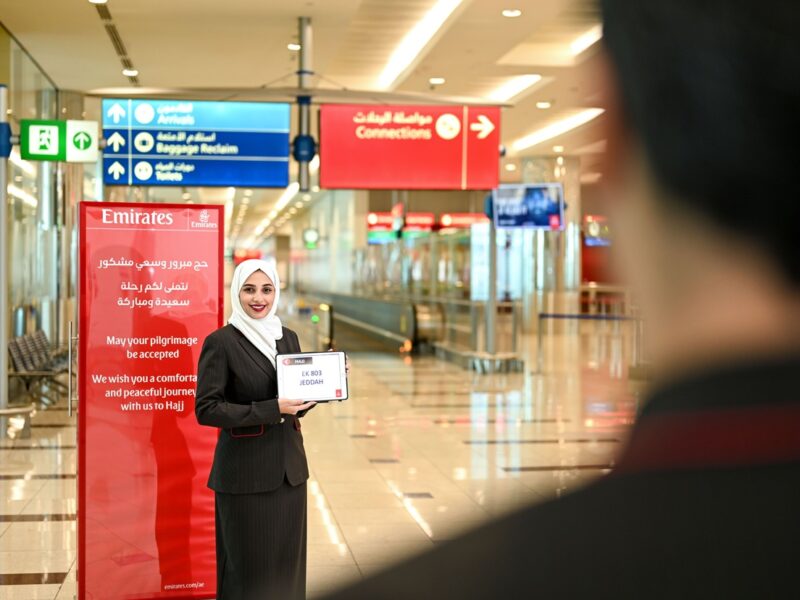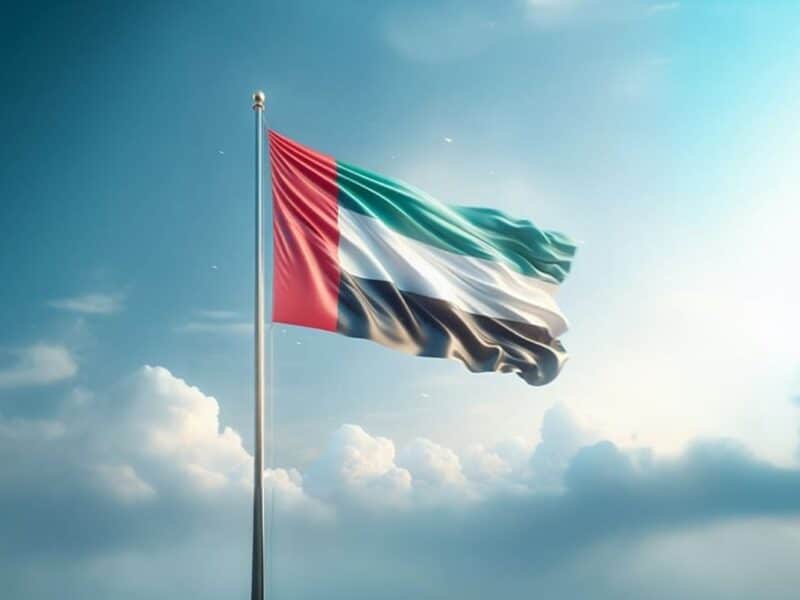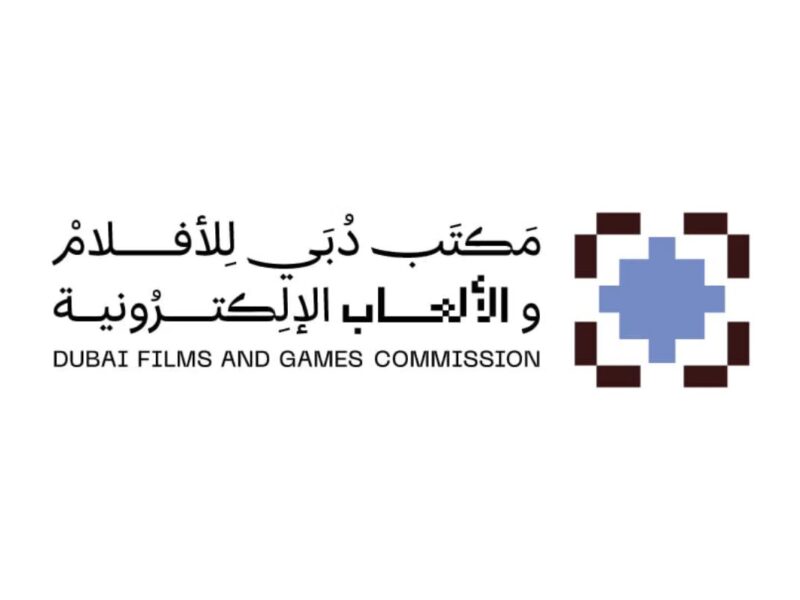As food safety specialists from around the world converged at the annual Dubai International Food Safety Conference, Caterer spoke to key industry professionals about the need for streamlining the system.
Food safety is the most important component in safeguarding public health, and as the region’s import market swells to cope with the increased demand in foodstuffs, industry professionals agree that there is a need to develop more cohesive food safety systems.
Food safety accreditations are not badges you can buy but standards you have to earn. – Ian Greaves, IGA food safety specialist.
The world’s most prominent food safety specialists met at the third Dubai International Food Safety Conference (DIFSC) on February 25-27 held at the Dubai World Trade Centre (DWTC) to discuss food safety issues and develop practical solutions.
“The focus is on working together to enhance the safety of the global food supply and improve the efficiency and transparency in food regulatory systems,” explains food safety specialist from the University of Georgia, Dr Michael Doyle.
“Currently we have major holes internationally in our food safety net. Many food safety management tools are available but many more effective solutions are needed and these issues need to be addressed,” he adds.
DIFSC has become a leading event in the food safety calendar since its debut in 2006, with an international community of more than 600 delegates converging at the conference explains Dubai Municipality assistant director of the Public Health Department Khalid Sharif.
“The DIFSC conference is one of the best opportunities to benefit from international best practices in food safety.
“It provides unparalleled opportunities for networking and sharing resources and ideas on modern concepts of food safety and management technologies,” he says.
This year’s conference featured new initiatives including daily workshops, meet the expert sessions and a Tackle the Issue programme, which all added value to the experience explains Dubai Municipality food safety inspector Bobby Krishna.
“Tackle the Issue brought food industry personnel and regulatory authorities from all the GCC countries to look at possible solutions to problems such as regulatory differences in hygiene standards between governments and industry operators,” explains Krishna.
“There is a need for a unified [food safety] process. There are dozens of accreditations necessary for different markets, which are all slightly similar but slightly different,” explains food safety specialist and DIFSC guest speaker Dr John Surak.
With more than 30 years of experience developing food safety and quality management systems, Surak is confident that the UAE is making steady progress.
“This is my first trip to Dubai – I’ve done a lot of international missions – and what is really impressive in the UAE is the overwhelming desire for the industry and government to take the next step and build the systems and the infrastructure for better food safety management programmes,” he says.
There have been substantial new developments in food safety regulations in GCC countries, including new and more stringent standards that make it difficult for food businesses to get traction in local and overseas markets explains IGA safety, hygiene and environmental protection specialist Ian Greaves.
“Companies out here want a quick fix, but people need to understand that food safety accreditations, like HACCP, are not badges you can buy but standards you have to earn. You have to take the time to get it right,” he says.
“This conference is a hub for new ideas and fresh approaches to food safety. It’s all very positive and people want to make changes,” he adds.
“The UAE is very progressive and has a desire to increase its knowledge in food safety systems for all aspects of trade, from imports through to production and service,” concludes Surak.
In an attempt to eliminate regulatory differences and to increase the transparency, clarity and efficiency of current food regulations, DIFSC launched the Tackle the Issue programme based on a cooperative approach between industry and government.








